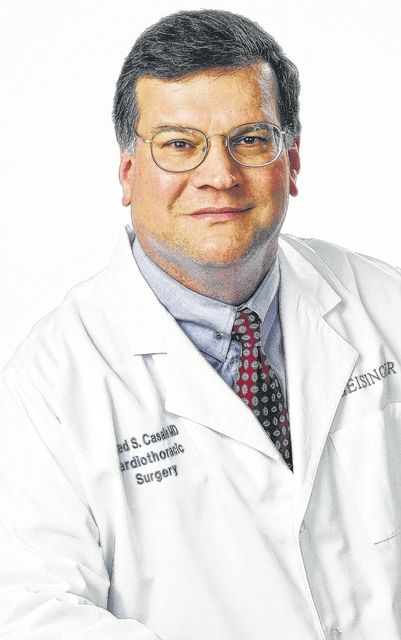Click here to subscribe today or Login.
I had the amazing good fortune of going to Regis High School in New York City. This Jesuit school on the Upper East Side in Manhattan was endowed by a wealthy woman who stipulated that boys only would be admitted (to minimize distractions I think) and that no student would ever be charged tuition.
The school is regularly ranked among the nation’s finest. An admission exam and interview process allows the faculty to select about 100 boys from all over the New York metropolitan area, including New York City, Northern New Jersey, Long Island and even Connecticut to constitute each year’s class. The course of study is classical, rigorous and overseen by an amazingly accomplished faculty of Jesuit priests, trainees (called scholastics), and lay instructors almost all with advanced degrees. All these remarkably committed educators shared a belief that “good enough” never was. They taught us that we should strive for an absolute level of excellence in all that we did. That with our obvious intellectual potential, them as our guides and all the resources of New York City at our disposal, we had no excuses and should aim high in all we did. Perhaps today, with nearly ubiquitous access to information online, students all over now can research topics from their laptops that we had to ferret out of library after library in the early 1970s.
I remember being absolutely astonished by the New York Library’s main reading room. This enormous room seemed like a cathedral of learning. The “Periodical Guide to Literature,” the card catalogs, the reference collections seemed to allow access to all knowledge; and an army of librarians would bring the books and journals containing it all to you just for the asking!
I recall the “ah-ha” moment when I realized there seemed to be a professional journal for even the most obscure, specialized, esoteric topic. Little did I realize how many of these I would have reason to actually access throughout my medical career.
Recently I dug up and read an article from that best-seller among journals, “Menopause: The Journal of the North American Menopause Society” entitled “Role of grandparenting in postmenopausal women’s cognitive health: results from the Women’s Healthy Aging Project,” by five researchers from The Royal Melbourne Hospital in Victoria, Australia.
The report assessed the influence of caring for grandchildren on the mental functioning of 186 Australian women including 131 grandmothers, 111 of whom spent some time babysitting. A “comprehensive … neuropsychological battery,” that is, a series of tests evaluated a variety of mental abilities including memory, processing speed, problem solving ability and verbal functioning in the women.
Grandmothers who babysat were, as a group, no better or worse than either non-grandmothers, or grandmothers who did not babysit, but if you did babysit, there was an effect based on how much you were “on duty.”
The best cognitive performance was seen in those postmenopausal women who spent about one day a week minding children; “however, minding grandchildren for five days or more per week predicts lower working memory performance and processing speed.”
Lets be clear, this is a small study, open to many procedural criticisms, and more of an eye-opener, rather than a “game-changer,” but it sure rings true in my life. I have no doubt that regular doses of Mary/Rowan time together has brightened all our lives and the joy, happiness and giggles are priceless; if it helps keeps our brains sharper, all the better!
Nine of 10 Americans surveyed felt their grandparents influenced their values and behaviors. Emotionally close relationships between grandparents and grandchildren are related to decreased symptoms of depression in both. Sixty-three percent of grandparents believe that they’re better at caring for their grandchildren than they were looking after their own kids, and 72 percent note being a grandparent is the single most important and satisfying thing in their life. It is a pretty great gig!








